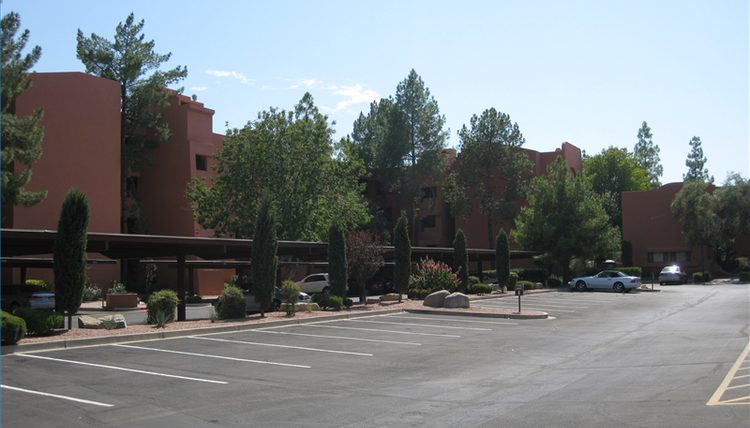Limiting the congestion created by parked cars on streets within a community is an issue that many Community Associations have faced at one point or another. Associations have the authority to regulate vehicles parked on Association property, but that authority is not so absolute when it comes to regulating parking on streets. There are many factors to consider when enforcing parking restrictions, including the language in the community documents, whether streets are public or private, and whether the vehicles in violation belong to members of the community or non-members. Community Associations must consider all these factors when Parking Enforcement restrictions to avoid increased liability and unnecessary lawsuits.
Parking Enforcement on Private Streets
Associations may enforce parking regulations on private streets against members pursuant to the provisions in the CC&Rs. This is supported by the principle that CC&Rs constitute a contract between the Association and its members. However, vehicles belonging to non-members are not subject to the same regulations, because non-members are not bound by the contractual terms in the CC&Rs. This distinction is especially important if an Association’s CC&Rs contain a provision that permits the Association to tow vehicles that violate parking rules. While an Association may tow a member’s vehicle in accordance with the CC&Rs, towing a non-member’s vehicle is controlled by law at Arizona Revised Statute § 9-499.05(B) and requires specific signage to be posted. Unless an Association follows the requirements in A.R.S. § 9-499.05(B), it will have effectively given consent for the public to park on its streets without restriction.
The community documents may include an enforcement policy and fine schedule that would allow it to impose fines for improperly parked non-member vehicles where the non-member is a tenant or guest of a member. These fines must be levied against the member whose tenant or guest violated the parking provisions, as the CC&Rs remain enforceable only against members.
Parking Enforcement on Public Streets
Enforcing parking violations on public streets against members of an Association is similar to private street enforcement. Associations may enforce parking restrictions against members that park on public roads and may even tow those vehicles if the CC&Rs expressly provide for such enforcement. Courts have held that members of an Association agree to live by the CC&Rs when they buy their property, and if CC&Rs restrict parking on public roads then the members must live by those rules.
Related: How To Collect On Enforcement Violations
However, an Association may not tow non-member vehicles that are parked entirely on public streets. While A.R.S. § 9-499.05 permits towing non-member vehicles from private streets, there is no authority for an Association to remove a non-member’s vehicle from a public road. Non-members are not bound by the CC&Rs, and they are entitled to park on public streets.
Our Arizona HOA Lawyers Will Help Ensure Compliance
Enforcing community parking restrictions requires a tightly crafted fine schedule, a clear enforcement policy, and particular language in the community documents. Associations must also be careful not to enforce against non-members unless all necessary steps are taken. At Goodman Law Group, our focus is ensuring that the legal needs of Community Associations are met. Our HOA lawyers can review your Association’s governing documents and current policy to ensure it permits the Association to properly enforce against violations of on-street parking and provide counsel for specific sources of problems without your community. Contact our HOA lawyers today.

